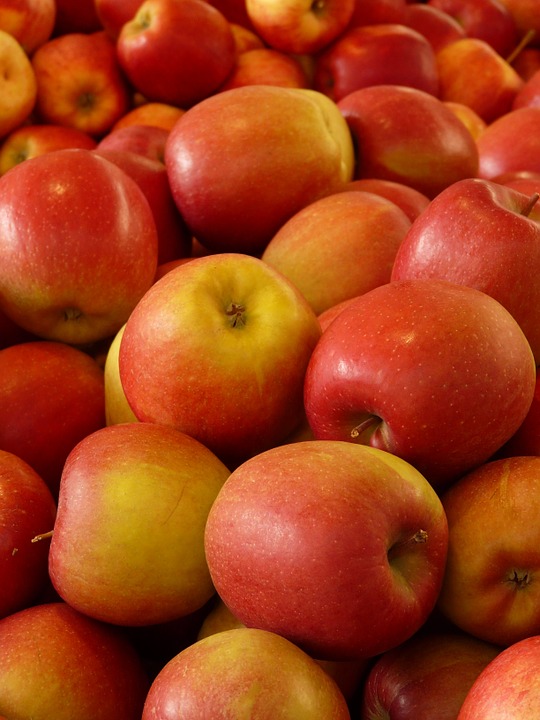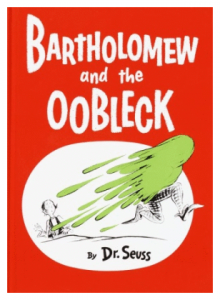Major mineral that enhances nutrient bio-activity required for T production.
![By Jurii (http://images-of-elements.com/boron.php) [CC BY 3.0], via Wikimedia Commons](https://supplementsinreview.com/wp-content/uploads/2015/07/Boron-as-t-booster-300x300.jpg)
- Increasing serum levels of magnesium and vitamin D. Helps other nutrients involved in T production.
- Boosting T and DHT levels. Both imperative sex hormones for male health.
- Decreasing estradiol and sex hormone binding globulin (SHBG). Both of which limit testosterone effectiveness.
Other Benefits for Men
- Sparse evidence suggests that boron may slightly increase prostate health, although further research is needed to confirm this.
Overview
Boron is a natural mineral required by the human body in order to function properly. Boron is linked to the building of strong bones and muscles and is also linked to mental skills and coordination. The mineral has had many uses over the years – it has been used as a food preservative, and boric acid is often used to treat vaginal yeast infections for women, as an eye wash, or to prevent skin rashes.1
Beyond these uses, there is some evidence from clinical trials to suggest that boron affects both estrogen and testosterone levels2 within the body. For this reason, boron is sometimes used by athletes in an attempt to enhance performance.

How Boron Might Help T
Potentiates Magnesium & Vitamin D
It’s been theorized that T activity relies on certain minerals and vitamins, most notably Zinc, Magnesium, and Vitamin D–they’re believed to help T status by either providing raw material for T production or indirectly supporting the structures involved in T production/expression.3
Aside from Zinc, Boron is believed to influence the storage of these raw ingredient minerals in the bloodstream. With the increased bio-availability of these minerals, the body is able to produce T and other important sex hormones (e.g. DHT) at a faster rate.
Decreases Estradiol Levels
Exactly how Boron does this, the scientific community is uncertain. It doesn’t seem that Boron takes the traditional route of inhibiting aromatase–the enzyme responsible for the conversion of T to estradiol–considering that many studies actually show an increase of estrogens with the supplementation of Boron.
One theory: Boron might be reducing estrogens from harmful “T-killing” estradiol stages to their healthier, less potent estrogen forms. This is supported by additional research showing indirectly increased bone health following Boron supplementation.4
Inhibits SHBG
Regardless of total T levels, sex hormone binding globulin (SHBG) diminishes T expression by binding (in effect, neutralizing) free-floating T in the bloodstream. More often than not, T-boosters that “work” do so by inhibiting SHBG.
Boron is one of those T-boosters that “work.” It’s an important step recognized by every well-rounded T-boosting stack that ensures that not only is T production being promoted, but T expression is be safeguarded. Otherwise, what’s the point?
 Did you know? Aside from aiding in T production and regulating estrogen levels, Boron is also required for another vastly important function: Making Oobleck. Inspired by Dr. Seuss’ Bartholomew and the Oobleck, the green gooey creation can be made from mixing 4 ounces of warm water, 4 ounces of glue, and 1 teaspoon of Borax–a popular source of Boron. Talk about a multi-purpose mineral…
Did you know? Aside from aiding in T production and regulating estrogen levels, Boron is also required for another vastly important function: Making Oobleck. Inspired by Dr. Seuss’ Bartholomew and the Oobleck, the green gooey creation can be made from mixing 4 ounces of warm water, 4 ounces of glue, and 1 teaspoon of Borax–a popular source of Boron. Talk about a multi-purpose mineral…Research
Animal Research
Animal research has shown that boron definitely plays a role in the development of testosterone, but this may also come with a boost in the female hormone estrogen, which may cause an imbalance to the user’s hormone levels.
One animal study found that rats who received regular boron supplements not only increased testosterone levels, but also vitamin D levels.5
- Alongside this, however, the study also found that boron increased levels of the female hormone estrogen.
- The results also showed a reduction in HDL3-cholesterol levels – this is the “good” cholesterol that the body needs to function properly.
Another study examined the effects of boron deficiency on testosterone levels. A lack of boron led to a reduced testis weight and sperm count, suggesting that boron plays a crucial part in male development throughout life.6
- This study’s results don’t hold a huge amount of weight for humans, though, as it was conducted on South African clawed frogs. Unless you have some frog DNA in you, a lack of boron might not have the same effect on your own manly hormone levels.
The question then, is: Does boron produce similar results in humans? And, if the results are similar, how much will the human body be affected by the increase in estrogen and the decrease in HDL that boron is believed to cause?
Human Research
There have been several studies into the effects of boron on testosterone levels in humans. Some have more credibility than others, but a few key studies do show interesting results:
Boron boosts T by decreasing T-neutralizers
One study looked at the effects of acute boron intake in male humans. Eight participants were given 10mg boron supplements every morning for a week, and their blood was tested regularly over the trial period.
- Boron supplements led to a significant increase in testosterone levels. What’s more, participants also experienced an increase of vitamin D (required for producing testosterone) and dihydrotestosterone, another super manly hormone.
- Participants experienced a decrease in the female hormone estradiol as well as sex hormone binding globulin (SHBG), both of which limit the effects of testosterone in the bloodstream.
- It’s not all good news though: the participants also showed boosted levels of the stress hormone cortisol. This means that boron supplements may lead to greater anxiety, stress and aggression as a result of higher levels of cortisol along with the manly hormones it increases.7
Boron preserves Magnesium, another important T-boosting mineral
One study examined the effects of mineral metabolism in post-menopausal women. Twelve women aged between 48 and 82 were given a daily 3 mg boron supplement, and the effects on their metabolism was measured.
- Boron was shown to significantly reduce the levels of magnesium in the women’s urine. Instead of flushing out magnesium, the body held onto it, leading to a boost in testosterone levels.
- This study isn’t the most reliable as its participants, post-menopausal women, have very different hormone levels from men.
These studies suggest that boron helps the body to increase its levels of the hormones, vitamins and minerals which boost testosterone levels.8
Boron protects T while stockpiling other important T-boosters.
Dosage
Boron has no recommended maximum dosage approved by any food & drug agency, although one European report does recommend:
- 39 mg for Maximum Daily Exposure
However, most scientific sources recommend:
- 3-10 mg for zero (reported) side effect
- > 10 mg daily for a week for significant T-boosts
Most supplements hover around smaller doses of 3 mg, in which case you may need to double, triple, or even quadruple down on your daily intake to achieve optimum T-boosting benefits.9
Side Effects
Boron is generally considered likely safe for adult use up to 20 mg per day, although there are possible concerns that exceeding this dose can damage male virility – which, we don’t need to point out, is counterproductive to boosting your testosterone levels.10
Available Forms
There are several forms of boron supplements available. Most are typically capsules, but boron can also be found in liquid drop form, or included as an ingredient inside powdered protein shakes or other stacked supplements. Forms of boron include:
Ionic Boron: The basic form of boron. It’s generally recommended that users take this form in a larger dosage as the body is not quite as efficient in absorbing non-chelated boron.
Boron Amino Acid Chelate: One of the easiest forms for the body to absorb. Chelated Boron (Boron Aspartate, Glycinate, Citrate) is believed to be easier for the body to digest. As the body easily absorbs boron in this form, a smaller dosage is required to achieve better effects.
Supplements in Review Recommendation
- Boron Citrate, 10-20 mg active Boron daily
The best mineral for test? We might have to give that title to Zinc. But what’s most exciting about this mineral in particular is how it not only balances sex hormones, but it enhances the effects of other important T-boosters–namely Vitamin D & Magnesium. While the research could use some “clearing up” in certain areas, Boron seems valuable for both male & female sexual health.
100 mg Boron Citrate equals 10 mg “active Boron.” If this is the Boron form you’re going for (it should be), then bear in mind the difference between “Boron” and “Active Boron.” Some manufacturers note the mg difference on their Supp Facts. Some don’t. Always do the math before buying Boron.
Leave a Reply